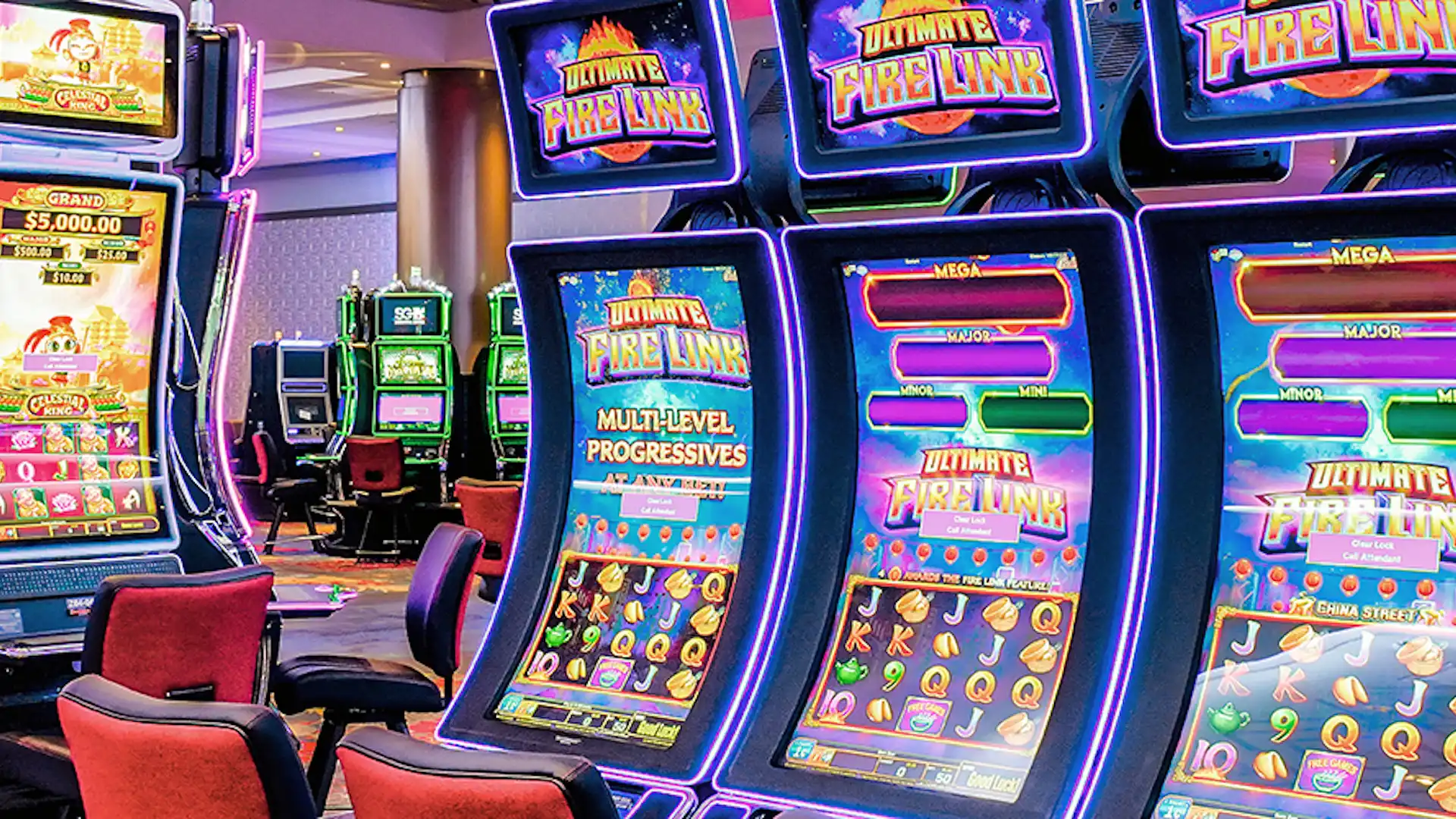
Casino games have consistently attracted a wide range of players, delivering not only excitement through chance but also a tailored experience designed for different kinds of players. Including the strategic minds who thrive on skill and calculation to recreational players in search of entertainment, casinos are aware of the nuances of their audience and create games that cater to these varied interests.
In delving into the realm of gambling games, we discover a variety of choices that appeal to every kind of player. Competitive poker tables entice competitive individuals, while exciting slot machines appeal to players who seek instant gratification. Whether it be the allure of winning big or simply savoring the social atmosphere, casinos create their game offerings to ensure that everyone can find their niche where they feel comfortable and engaged. Understanding how these games cater to various player types can enhance not only our enjoyment of them but also our approach to choosing which games to play.
Grasping Player Categories
In the multifaceted world of gaming entertainment, participants can be grouped into separate types based on their incentives and choices. These player kinds range from the casual and community-oriented gamers, who enjoy the entertainment value and interactive connections that gambling provides, to the more analytical and analytical players, who seek to maximize their odds and profits. Comprehending these different categories is essential for casinos to tailor their services and design captivating settings.
One frequent category is the communal player, who views casino games as a form of group interaction and enjoyment rather than a serious gambling endeavor. These participants often enjoy games that encourage engagement and togetherness, such as blackjack. Their emphasis is on the experience rather than the result, so vibrant settings and mutual moments are what they hold dear the most.
On the opposite end of the scale, competitive players are motivated by contest and the pursuit of skill. They tend to be drawn toward games that demand strategic thinking and strategy, such as blackjack, where their abilities can influence the outcome. This kind often interacts with the games on a more profound level, utilizing knowledge and approaches to achieve an edge. Understanding these motivations allows casinos to design atmospheres and game selections that cater to each gamer’s individual likings.
Strategies for Game Design
Gambling games are designed with diverse player types in mind, utilizing various strategies to attract and engage them. For recreational players, the focus is on ease and clarity. Games like slots are frequently aesthetically pleasing with straightforward mechanics. This enables players to enjoy the experience without a difficult learning curve, creating an welcoming atmosphere. The vibrant hues, engaging audio, and thematic elements create a playful environment where players can easily get involved and entertained.
For tactical players who enjoy a deeper level of engagement, games such as Texas Hold’em and blackjack offer complexity and strategic elements. These games feature strategy and tactical choices, appealing to players who thrive on challenge and want to utilize their cognitive abilities. The design of these games regularly includes intricate rules and mechanics that challenge players to refine their skills and develop strategies over time, resulting in a rewarding experience for those who enjoy perfecting the game.
Furthermore, community-oriented players are considered through games that highlight interaction and community. This includes live dealer games and multiplayer formats, which cultivate a sense of camaraderie among players. The design of these games often includes communication tools and social elements, allowing players to interact and exchange insights. By building an environment where participation is promoted, casinos can effectively engage community players, making the gaming experience more enjoyable and unforgettable.
Enhancing Player Engagement
Gambling titles have evolved notably to offer a much more entertaining environment for players. Software creators focus on stunning images, immersive soundscapes, and innovative game mechanics that engage participants into the gaming space. By utilizing tech, such as virtual reality and AR, gaming establishments ensure that gamers feel as if they are part of a exciting environment, enhancing not only the pleasure of the games but also the overall enjoyment of being in a casino.
Player interaction is another important factor in improving player experience in betting titles. Several games are developed to promote engagement among players, whether through multiplayer formats or messaging options. This interactive component attracts players who enjoy communicating with other participants while competing, promoting a feeling of community. Furthermore, community aspects can consist of scoreboards, tournaments, and rewards for collaborative engagement, which attract determined players and encourage them to revisit for additional. xổ số xin88
In conclusion, personalization plays a crucial role in customizing the experience for diverse player types. xin88 Casinos and software designers examine gamer activities and preferences to offer tailored game suggestions and rewards. By understanding the unique interests of gamers, gaming establishments can present tailored offers, rewards, and new game releases that satisfy each participant, thus enhancing their complete engagement and devotion to the casino.
